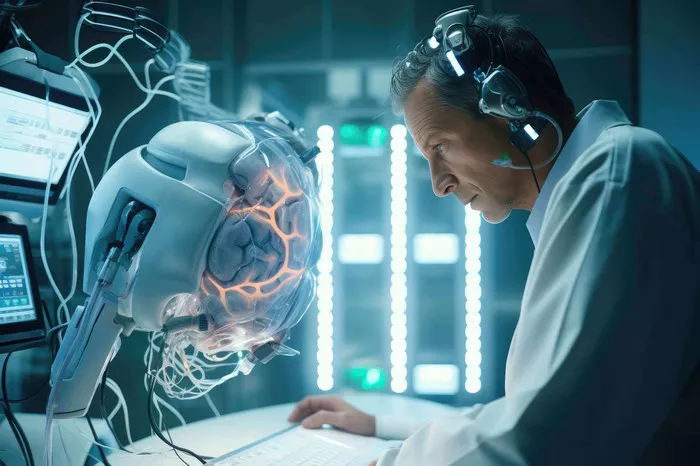Artificial intelligence (AI) is revolutionizing healthcare by improving patient management and medical testing efficiency. Dr. Dong Chen, hematopathologist and vice chair of pathology at Mayo Clinic, highlights AI’s growing role in enhancing precision and proactive intervention.
In laboratories, AI algorithms help clinicians analyze complex cases by sifting through large datasets to identify rare disease markers, especially in molecular diagnostics and flow cytometry. This boosts accuracy and efficiency, ensuring subtle signs are not missed.
Medical imaging has also benefited greatly from AI. It aids in incorporating new biomarkers, such as in prostate imaging, and integrates multi-omic data to improve detection sensitivity and specificity. This is particularly valuable when clinicians seek small abnormalities in complex scans, enabling earlier and more precise diagnoses.
Clinically, AI’s predictive power is being harnessed to foresee patient relapse risks. By analyzing routine data like blood counts and symptoms, AI models aim to automate test ordering and prompt timely interventions. This advancement promises a shift toward more personalized, proactive patient care.
Related topics:

